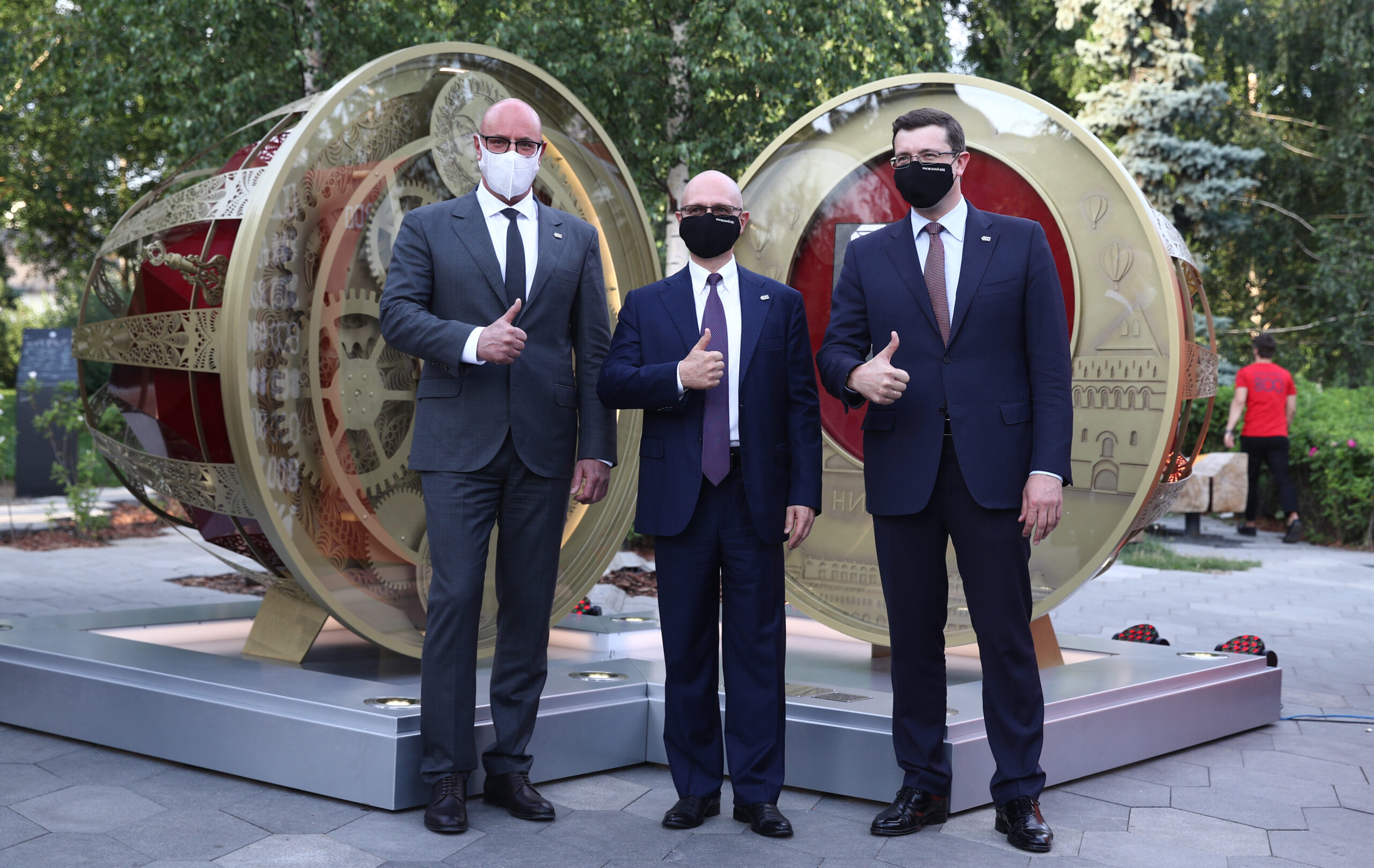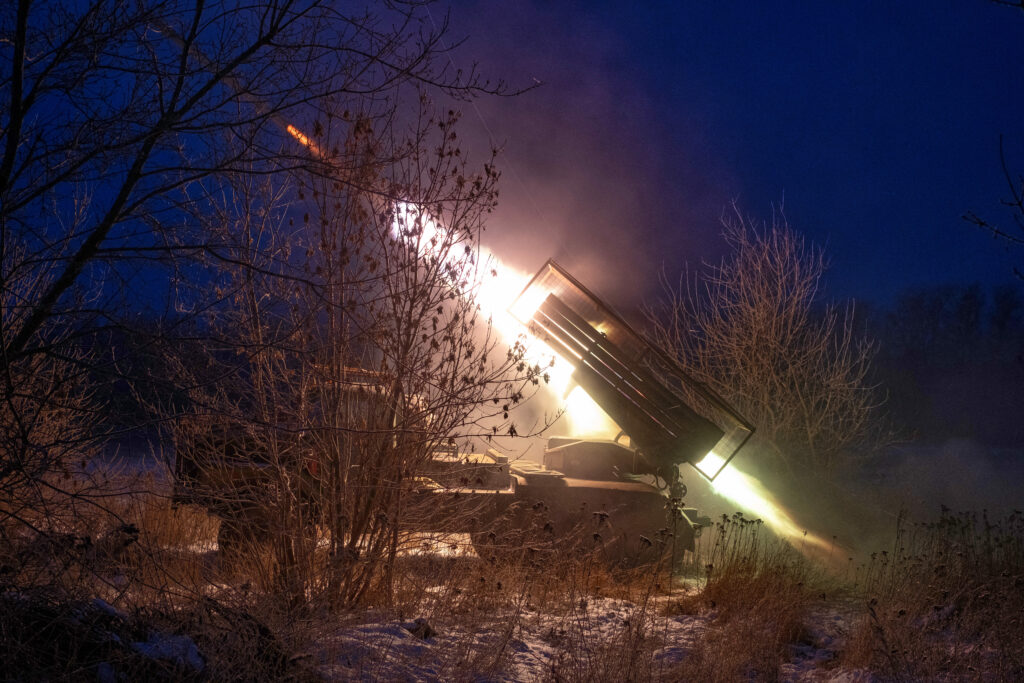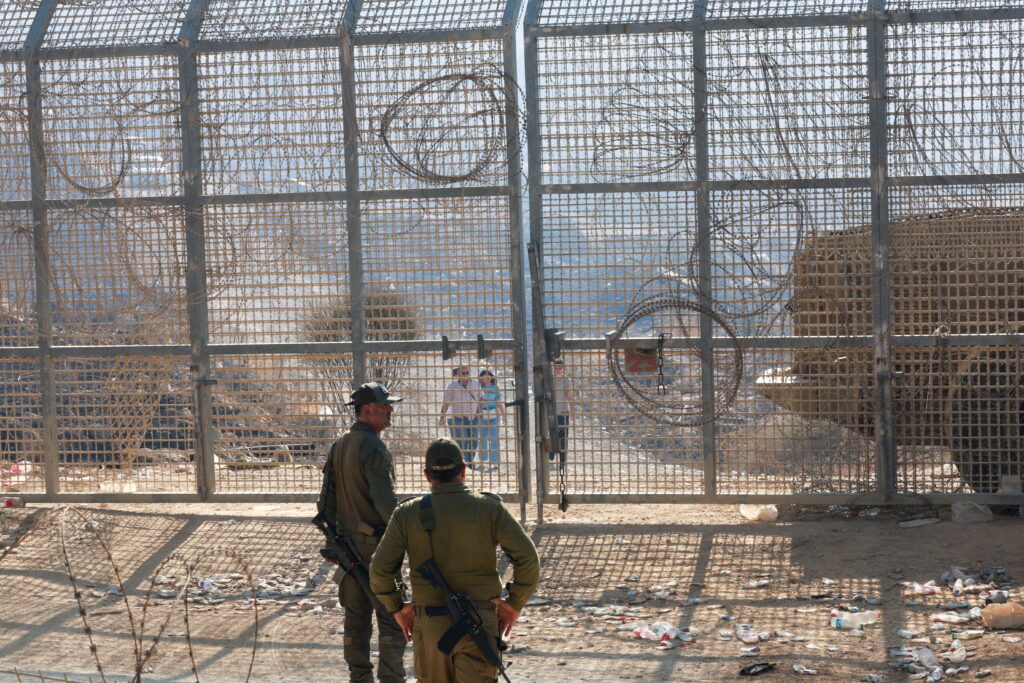Sergey Kiriyenko, head of the political bloc in Russia’s presidential administration, is creating a new class of propagandists: experts in political science who will be expected to «interpret» events in a unified manner on TV shows, online streaming and comments to online media and Telegram channels. Such experts will become Kiriyenko’s next technocrats trained in line with common standards and guided by common rules of conduct. The new propagandists, as if modernised teachers of Marxism-Leninism, will be required to capture the territory held by Alexey Gromov, first deputy head of the presidential administration and curator of the Kremlin’s information block.
The art of interpretation
Retreats and meetings, training sessions and competitions are among the favourite techniques of the Kremlin’s current internal political bloc headed by Sergey Kiriyenko. «The Digoria Forum of Young Political Scientists is no exception: the authorities are attracting master’s and doctoral students in political science from various higher educational institutions across the country, major cities and provincial ones. The event combines both training and competitions. Initially, the Forum was not highly prioritised: it was held in the North Caucasus and Sochi. This year, the event was moved closer to the Kremlin, namely to the Moscow Region. At the opening, Sergey Kiriyenko said Russia was under «massive pressure» from Western countries, which are trying to «cancel Russian culture, rewrite Russian history and isolate Russia from the world.» According to his words, the country must give «an adequate response» to all those developments and the society has already done that by consolidating around the authorities. Kiriyenko added that this united society «has the need to be proud of its country.»
«This means that representatives of civil society and the state have a responsibility to meet this need. We have an obligation to give people opportunities and reasons to be proud, going beyond historical ones,» Sergey Kiriyenko hinted at the new tasks to be fulfilled by political scientists.
The head of the Kremlin’s political bloc explained to the scholars assembled at the Forum that they need to tell the citizens and, above all, young people, that «the crisis is a time of opportunity» and «throughout the 20th century, Russia has already proven its ability to restructure and radically change its life on many occasions.»
Another task put for this audience by Kiriyenko was to consolidate the Russian society further.
Alexey Zharich, deputy head of the Kremlin’s Office for Public Projects, explained even more clearly what the Kremlin expects of political scientists. They are supposed to «interpret events,» and the authorities are willing to provide them with «television airwaves, radio airwaves, as well as online projects» to achieve this goal. Anna Fedulkina, Executive Director of the Kremlin’s think tank Expert Institute for Social Research (EISI), calls this «commentator’s labour.» Andrey Shutov, chairman of the EISI Board of Directors and dean of the Political Science Department at the Moscow State University, said that «in the late 1980s, ideology was removed from political science, which is why it ceased to fulfill its proper functions» and advised the experts to present «the values of Russian society.»
Digoria participants worked in «factories» (of meanings, interpretations and social design) and «guilds» (among them was the «Ukrainian crisis guild»), which can be considered the quintessential corporativist approach professed by Sergey Kiriyenko, a Soviet engineer in the past. These names denoted group work that traditionally takes place during the organisational and action games conducted by methodologists, with Kiriyenko among their followers. However, the names themselves say a great deal about how the internal political bloc of the presidential administration would like to transform the Russian political system in principle: it would be a single team with common goals, divided into groups which release different products. Each group will have its own functions and tasks. Political scientists are no exception, although their role in Kiriyenko’s scheme is not really enviable.
The new worker of the propaganda guild
If we attempt to sum up their statements, the head of the internal political bloc of the presidential administration and his subordinates propose an obvious and simple thing to political scientists: to become professional propagandists. The authorities are expecting political scientists not to conduct impartial expertise in scholarly publications but, rather, to present interpretations and commentaries embedded in the official ideology, when appearing on TV and online. In a sense, this is a come-back of political scientists who taught Marxism-Leninism in Soviet times, and they also «interpreted» events according to the official party line. Interpretation of events inside and outside the USSR had a simple and straightforward frame: everything was bad in the capitalist West, while the situation in the countries of the communist camp and, above all, in the Soviet Union was fine and getting even better. The Soviet «political interpreters» would send their message from university departments, where the study of Marxism-Leninism was a compulsory discipline, as well as during guest talks.
Nowadays, political scientists and political technologists close to Sergey Kiriyenko make very rare TV appearances: TV shows are more likely to be frequented by smart pro-government politicians and nomadic talking heads such as Yakov Kedmi, ready to discuss anything in any show. As a rule, «anything» concerns the international agenda and the situation in Ukraine. More often than not, participants in propaganda appear with a certain «stage profile» and play a specific role (incidentally, it may be fully in line with their sincere beliefs). This role does not always correspond to the general line adopted by the Kremlin. For example, Duma member Alexey Zhuravlev, known for his aggressive statements, threatened countries of the West with a nuclear strike on a show hosted by Olga Skabeyeva and Evgeny Popov. The show hosts, usually aggressive themselves, had to bridle the MPs and act as peacemakers.
As a fan of slender schemes and a clear system of management, Sergey Kiriyenko cannot accept such diversity of opinions. At the Digoria Forum, he and his subordinates, in fact, spoke and presented a new concept of propaganda: technocratic propaganda.
Kiriyenko’s expansion
Right from the very beginning of his work in the political bloc, Kiriyenko began to promote the notion of «technocrats» to mean trained professionals, familiar with advanced methods, ready to work where the Kremlin tells them to. People who began to be appointed governors were relatively young officials who had gone through the school of management at the Russian Academy of National Economy and Public Administration, and they began to work according to similar methods and uniform standards. As a result, the corps of governors became fairly homogeneous and their actions became predictable. Kiriyenko would like to see such propaganda-spreading cool-headed «technocrats,» trained to the same standard, to make TV and online appearances. As Kiriyenko himself and his subordinates are saying, it is clear that political scientists will have to «interpret» events inside Russia (and not focus on foreign policy, as TV show participants are doing now). The Kremlin’s think tank EISI, created under Kiriyenko, emphasises expertise and scientific rigor, unlike the first think tank existing in the times of Vladislav Surkov-era, called FEP, which emphasised its affinity to political technology. EISI staff and experts talk about the new populism in politics as a phenomenon. They compile reports on COVID. They try to introduce new terminology for today’s Russian political situation. For example, the technocrats who lead the regions are called «new wave governors.»
The framework for explaining the current official course will be given to political scientists at ongoing education courses which the internal political bloc of the presidential administration likes to offer. The Kremlin has not yet come up with a new military and post-war ideology, but for the time being a few clear-cut main lines will suffice for a unified propaganda minimum: an assessment of Western countries, an assessment of China and other countries that are ‘friendly’ towards Russia, a unified assessment of Vladimir Putin’s role (for example, as a collector of Soviet or imperial lands). Most importantly, the new propagandists coined at Kiriyenko’s factory will have expert status, and their point of view will be substantiated by themselves. «A smart man speaks in smart words, not some screamer who came God knows where from. A smart man is worth listening to,» — this should be the conclusion drawn by the average citizen who has seen such a technocrat from the propaganda guild.
Obviously, Sergey Kiriyenko, who has announced plans to train a new, standardised type of talk show participants, is entering the field already taken by another first deputy head of the presidential administration, i.e. Alexey Gromov, curator of federal TV channels and major tabloids. The arrival of political scientists as «interpreters» will break the usual pattern of political TV shows with their arguments often bordering on a fight. And this will not be the first time Kiriyenko has crept into «someone else’s territory» associated with his sphere of responsibility. Earlier this spring, he took up the topic of Donbass, although before that this topic was supervised at the Kremlin by a dedicated official, Dmitry Kozak, with Vladislav Surkov before him. Kiriyenko’s ‘technocrats’ and ‘leaders of Russia’ went to the self-proclaimed DNR and LNR, as well as to the territories occupied by Russian troops in Zaporozhye and Kherson regions of Ukraine. Indeed, it is not difficult to understand why this is happening. On the one hand, Sergey Kiriyenko is responsible to Vladimir Putin for the popularity of the authorities and the President personally: a decline in the ratings is always considered a failure of the Kremlin’s political bloc. On the other hand, the head of this bloc has no influence whatsoever on the majority of the propaganda department: TV, radio, and tabloids are controlled by Alexei Gromov. And the authorities’ ratings depend on propaganda in many respects, so it turns out that there are no clear indicators of Gromov’s effectiveness for Putin. Or, rather, it is the status of the ratings, where Kiriyenko bears the responsibility. And if the head of the Kremlin’s political bloc is blame for the declining popularity of the authorities in any case, why shouldn’t he try to influence the work of the propaganda department himself? According to ROMIR ratings, Russian TV channels are losing audience, while the number of Telegram users is growing. Geopolitical TV shows with a militaristic and foreign policy agenda now represent a major part of TV programming, and viewers are beginning to get tired of them. Citizens will inevitably ‘come home’ from the propaganda war: they will be concerned about social hardships, but Gromov’s talking heads will continue to tell them only about the crafty designs of the West and Ukraine. Instead, Kiriyenko offers his own cadres who will tell viewers about the «time of opportunity» and explain how and why they must endure hardships.
The new propagandists, much like the technocrats who occupied Donbass, can occupy political TV shows and bring a new order to them. This order will be rather decorative: viewers are unlikely to be delighted by the expert language used by political scientists promoting a unified ideology. After all, Marxism-Leninism was the most unpopular subject at the Soviet universities. However, the real effectiveness is not that important to Sergey Kiriyenko and his subordinates: they understood long ago that their proposals must please one person, namely Vladimir Putin. Most likely, the Kremlin’s propaganda bloc will not be able to resist the pressure exerted by the head of the internal political bloc of the presidential administration, who knows how to achieve his goals. The Russian president is fond of science-like speeches and he practises them himself. At the same time Putin, who doubted whether political science can be considered a science, will become convinced that it is useful and necessary.










